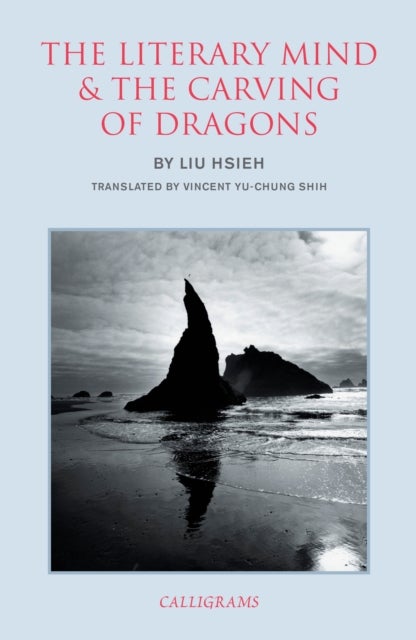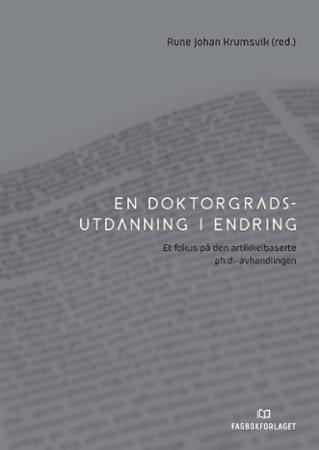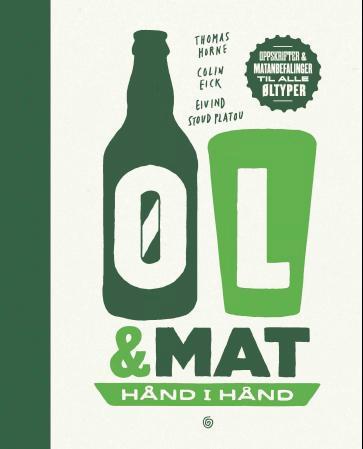
The Literary Mind And The Carving Of Dragons av Liu Hsieh, Vincent Yu-chung Shih
199,-
<i>The Literary Mind and the Carving of Dragons</i> is the first comprehensive work of literary criticism in Chinese, and one that has been considered essential reading for writers and scholars since it was written some 1,500 years ago. A vast compendium of all that was known about Chinese literature at the time, it is simultaneously a taxonomy and history of genres and styles and a manual for good writing. Its chapters, organized according to the <i>I Ching</i>, cover such topics as “Choice of Style,” “Emotion and Literary Expression,” “Humor and Enigma,” “Spiritual Thought or Imagination,” “The Nourishing of Vitality,” and “Literary Flaws.”<br><br>“Mind” is the ideas, impressions, and emotions that take form—the “carving of the dragon”—in a literary work. Full of examples and delightful anecdotes drawn from Liu Hsieh’s encyclopedic knowledge of Chinese literature, readers








